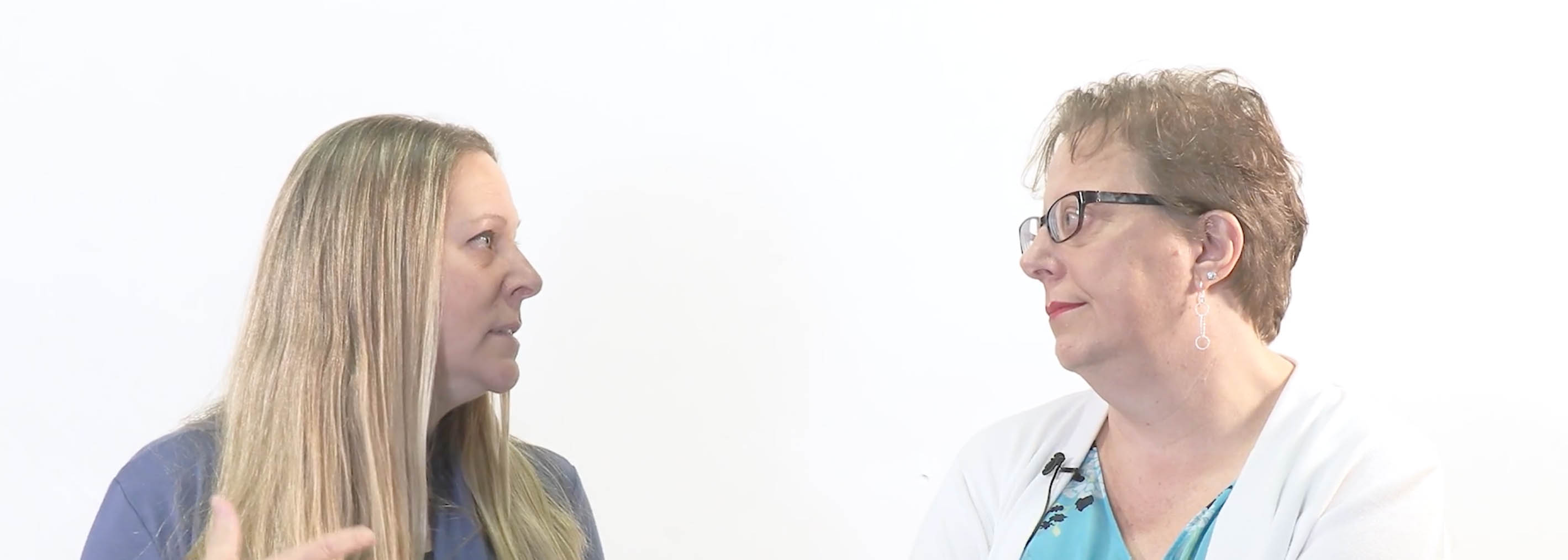The University of New Mexico Men’s and Women’s basketball teams are hoping to see pink in the crowd at their upcoming games to honor breast cancer survivors, remember those lost to the disease and encourage cancer screenings.
Fans are encouraged to wear pink when the Lobo Men tip off at 7 p.m. Tuesday, Jan. 17, against San José State. The Lady Lobos will face San Diego State at 2 p.m. Saturday, Feb. 4.
“Women are getting diagnosed earlier and at earlier stages, when breast cancer is more curable, so credit certainly goes to good screening and to the mammographers,” said Ursa Brown-Glaberman, MD, a breast cancer specialist at the UNM Comprehensive Cancer Center.
“But also, the treatment for breast cancer has improved dramatically over the past 20 years – we have better new and better treatments, as well as new drugs and we know how to tailor those treatments better.”
According to the American Cancer Society, an estimated 1,700 New Mexican women will be diagnosed with breast cancer and about 290 will die from the disease in 2022.
For Ivy Berres and Tessa Johnston, breast cancer has affected their lives and the lives of their loved ones on three occasions.
Berres and Johnson are sisters who grew up only a couple years apart, and throughout their lives, they have tended to share everything. But the pair never imagined “everything” would include breast cancer diagnoses in their late 20s.
Berres, the older sister, works as an administrative officer for The University of New Mexico Health and Health Sciences Marketing & Communications Department. She was 28 when she received her first breast cancer diagnosis in April 2003. Soon after, she learned she was pregnant.
“It was scary, but also exciting, because I had wanted a baby for a while,” Berres said.
She underwent a lumpectomy during her first trimester and chemotherapy during her second and third trimesters.
Two years later, Johnston was diagnosed – also at age 28.
“They say one in five women get breast cancer, so after Ivy was diagnosed, I was under this illusion that she was that one in five, and I didn’t think about getting cancer,” Johnston said.
Since then, the two have leaned on each other for support throughout their diagnoses and treatment while maintaining a healthy sense of humor.
“We’re each other's security blankets,” Berres said with a laugh, while Johnston added: “She’s my emotional support sister.”
Breast cancer may produce virtually no symptoms when the tumor is small and at its most treatable. Brown-Glaberman said. That’s why it’s important to follow up on any new breast findings with your doctor.
“I always tell people – even very young women – to never blow off a finding in the breast. You want to follow it up, and if things persist, you want to get those things checked out with additional testing.”
After Johnston was diagnosed in 2005, the pair were tested for the BRCA-1 gene mutation, which came back positive. Normally, the BRCA1 and BRCA2 genes protect people from getting certain cancers. But some mutations in the BRCA1 and BRCA2 genes prevent them from working properly, so that if someone inherits one of these mutations, they are more likely to get breast, ovarian and other cancers.
Berres was dismayed to be diagnosed with breast cancer again in 2014 during what was intended to be a prophylactic bilateral mastectomy. Because it was a second breast cancer and not a reoccurrence of cancer, Berres had to undergo chemotherapy once again.
“They found cancer in the random tissue samples [after the surgery],” she said. “I figured I was done with it and wasn’t going to get anything else. I just jumped into survivor mode.”
Berres and Johnston have both been treated at the UNM Comprehensive Cancer Center – Berres for her second diagnosis, and Johnston for hers.
“I had a team of doctors and it was like a family,” Johnston said. “They shared a lot of information with us. Never once did I not feel supported.”
The Breast Team at the UNM Comprehensive Cancer Center offers the full spectrum of care, from diagnosis through treatment and survivorship. This includes screening services, such as genetic counseling to determine risk (which can lead to genetic testing), as well as physical exams and mammograms and diagnostic services. They also offer testing and biopsies and treatment plans that include hormone therapy, chemotherapy, radiation therapy and surgery.
“I’m really proud of our breast program and team at the Cancer Center more than anything,” Brown-Glaberman said We offer true multi-disciplinary breast care. That means within the walls of the Cancer Center, we have all the pieces that you need to help diagnose and treat a breast cancer patient.”
